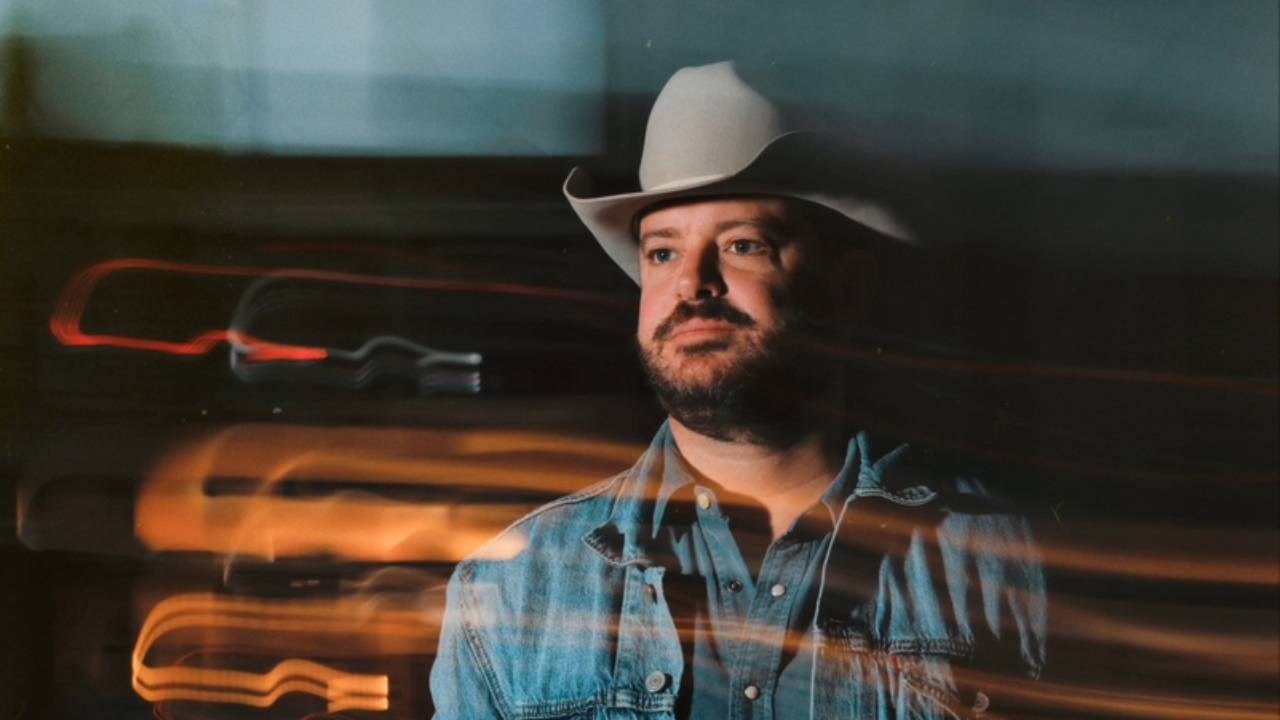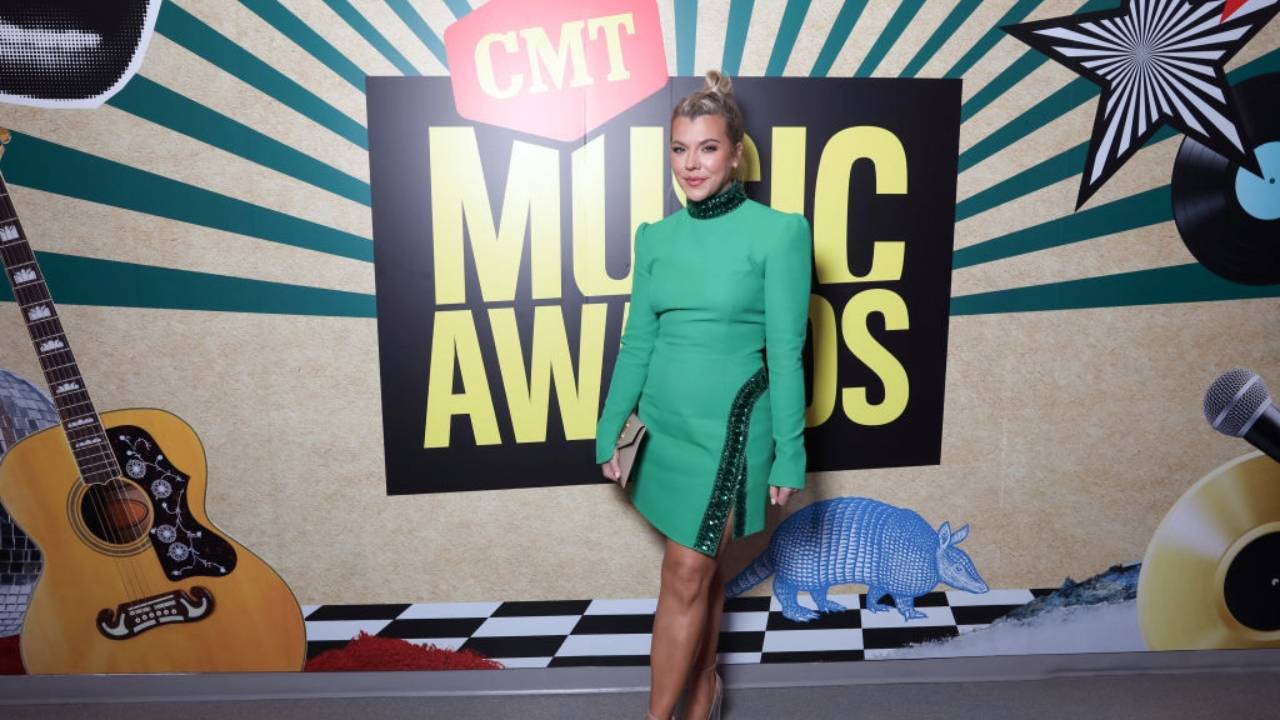NASHVILLE SKYLINE: Mickey Newbury Was Country Royalty
Just calling Mickey Newbury a songwriter seems so insignificant. The great Texas writer and singer, who died of a variety of ailments Sept. 28 at age 62, was just a songwriter in the same way that Leonard Cohen is just a songwriter. Or in the way that Tom Waits is just a songwriter. He was a country songwriter in the way that Willie Nelson is a country songwriter. Or Harlan Howard was just a country songwriter.
The usual thing mentioned about Newbury is that he is the only songwriter known to ever have four songs simultaneously hit on four wildly different charts. In 1968, Eddy Arnold had a top country hit with "Here Comes the Rain, Baby," Solomon Burke had an R&B hit with "Time Is a Thief," Kenny Rogers had a pop and rock hit with "Just Dropped In (To See What Condition My Condition Was In)" and Andy Williams had an easy listening hit with "Sweet Memories."
And of course fellow Houstonian Rogers' career was launched with the psychedelic "Just Dropped In" (which Willie Nelson has recorded twice here recently, on his Rainbow Connection and Great Divide albums. Willie also re-cut Newbury's great "The 33rd of August" on Rainbow Connection). And of course Newbury's concoction of "Dixie," "Battle Hymn of the Republic" and "All My Trials" became known as "An American Trilogy" and was Elvis's finest moment on stage. And of course Newbury had songs recorded by other people more than 500 times.
But Newbury was so much more than that. Wherever songwriters congregate, he's remembered as a songwriter's songwriter. As Kris Kristofferson has said, Newbury wedded lyrics to music as no one had in Nashville. His songs were covered by singers ranging from Jerry Lee Lewis to B.B. King, from Ray Charles to Ronnie Milsap. He could just as easily write a stone country weeper such as "She Even Woke Me Up to Say Goodbye" as a bittersweet celebration like "How I Love Them Old Songs" or a bitter lament such as "Poison Red Berries."
I used to tweak him about being the "poet of the dark night of the soul," to which he good-naturedly agreed. Newbury loved writing sad songs. He wrote sad songs and he just wrote the hell out of them.
For someone who was so enormously talented, he was the gentlest and sweetest of men. But I don't mean to imply weakness -- his was a very strong and sure brand of gentleness and sweetness. He was very comfortable with being who he was and living inside the skin of one of the most talented writers and singers whoever lived.
Born Milton Newbury in Houston, he started his career singing R&B love songs and was influenced by the Beat poets as much as by the honky tonkers Hank Williams and Lefty Frizzell and by Houston R&B singers such as Clarence "Gatemouth" Brown (who nicknamed Newbury the "Little White Wolf"). When he got to Nashville, he was proud to sign with Hank Williams' music publisher, Acuff-Rose. Like many a songwriter, he was living in his car in Music City.
With money from his first big country hit (Don Gibson's recording of Newbury's "Funny, Familiar, Forgotten Feelings"), Newbury spent $8,000 on a Cadillac. "I knew I was gonna be still living in my car," he said, "so I wanted to be comfortable."
In the '60s along with the likes of Willie, Kris and Roger Miller he was a quiet liberator of songwriting in Nashville, injecting a new humanism and democracy into songs that no longer had to deal mainly with the baser aspects of humanity. They took songs about cheating and drinking and carousing to a higher plane, he once joked. But he wrote marvelous little dramas about all aspects of the human experience. He was also a "quiet outlaw," declaring his own independence by recording on his own terms in a little independent garage studio, outside the mainstream Nashville system. (He had already taken himself off RCA Records -- where he had been signed by the legendary Steve Sholes, who also signed Elvis -- when he discovered that the label thought he was going to be "another Jerry Lee Lewis.").
He personally considered "San Francisco Mabel Joy" to be his best song because of its legacy. It was, he said, "a five-minute song written in a two-minute world. I was told it would never be cut by any artist. Second, I was told you could not use the term 'redneck' in a song and get it recorded. It has sold in excess of 55 million records. It broke the rules and it broke the walls down. It became the foundation for a new form of expression in country music."
Even after he became a star of sorts with a string of brilliant albums, he shunned the limelight and performed as little as was necessary, although his singing was mesmerizing. He had a mystical presence onstage, a haunting voice like the dark at the end of the street, a voice like the last dry leaf of autumn spiraling in winter's first biting wind.
My fondest memories are of hanging out with him at the Lone Star Café in New York's Greenwich Village. This was in the '70s, long before the insidious sickness started sapping his strength, but not his soul. More than once, he asked me from the stage what I wanted to hear. Me. As if I mattered in his world. That was what he was like.
Mickey Newbury gave country music a good name.





